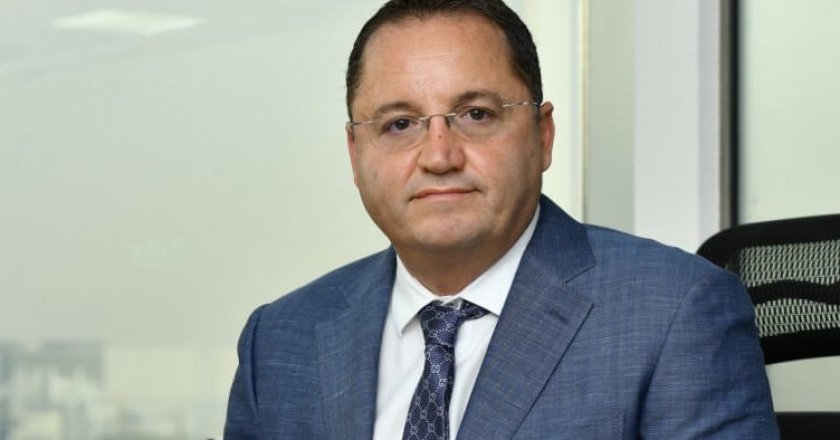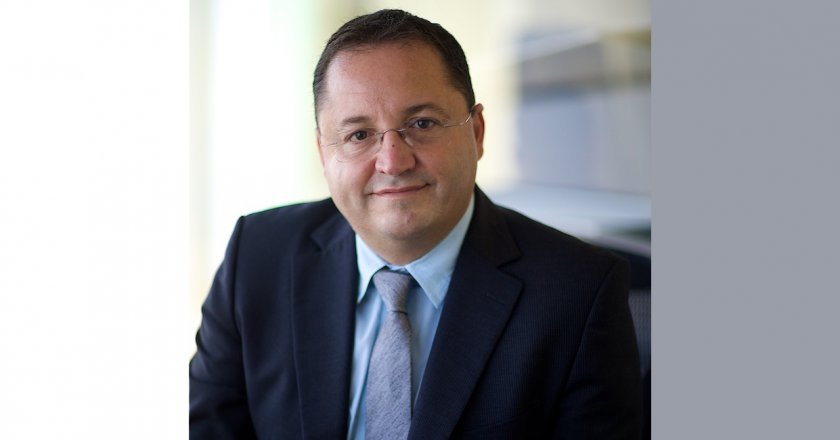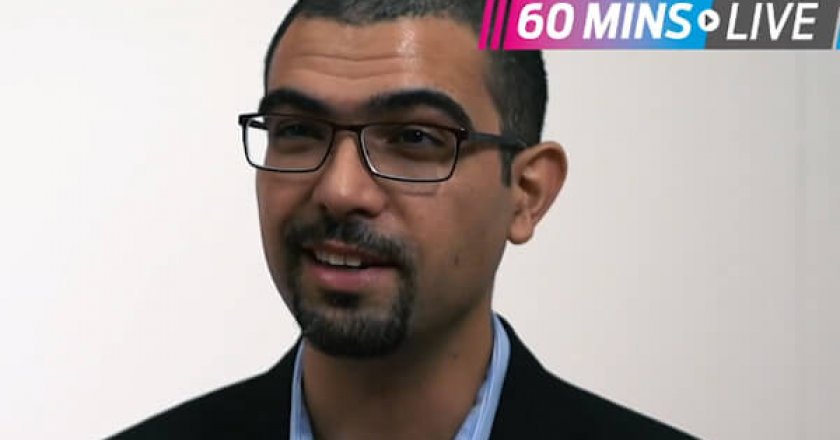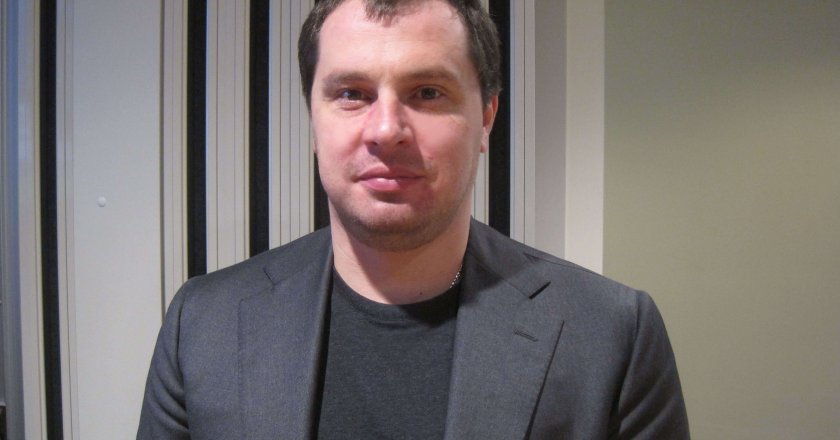Kaspersky announces the acquisition of an equity interest in Nexway, a leading e-commerce and payment platform.


Kaspersky announces the acquisition of an equity interest in Nexway, a leading e-commerce and payment platform.

Kaspersky researchers identified two APT incidents that targeted entities related to COVID-19 research – a Ministry of Health body and a pharmaceutical company.

Kaspersky, the global cybersecurity solutions provider, has signed a Memorandum of Understanding (MoU) with Zayed University in the UAE. Both entities share the mutual goal of equipping the youth of today with the best education in the field of cybersecurity.

Kaspersky Fraud Prevention has enabled a financial services company to reduce fraud losses by as much as $3.4 million over three years.

Almost a third (30 percent) of cyber-attacks investigated by the Kaspersky Global Emergency Response team in 2019 involved legitimate remote management and administration tools.

Kaspersky has unveiled its new Kaspersky Adaptive Online Training, which is tailored to each individual user’s learning needs, as a personal tutor would do for their students.

Kaspersky Digital Footprint Intelligence helps companies to understand the ways in which cybercriminals can successfully attack them.

Isopropyl alcohol is considered the least harmful to the oleophobic coating that allows fingers to slide over the screen without covering it in fingerprints.

It is imperative for hospitals and medical institutions to ensure the stability of medical equipment and that data is constantly available for medical personnel, while also protecting the privacy of their patients’ critical information.

Kaspersky has recently uncovered a new hacking group that is currently targeting organisations in the industrial sector.

Amir Kanaan, Managing Director, Middle East, Turkey & Africa, at Kaspersky, discusses how the cybersecurity firm has established itself as one of the most reliable security vendors in the IT ecosystem.

Kaspersky has announced the second edition of its Open Innovation Program, which is designed to foster collaboration with innovative tech startups.

Despite cybersecurity spending is growing year-on-year with almost nine percent growth in 2019, security budgets for SMBs and enterprise have fallen below the average spend.

Kaspersky researchers have shared their vision on Advanced Persistent Threats (APTs) in 2020, pointing out how the landscape of targeted attacks will change in the coming months.

Amir Kanaan, managing director, META, Kaspersky, discusses the firm’s latest blockchain-based innovations.

Kaspersky’s Dr. Amin Hasbini discusses their presence at GITEX and their collaboration with the government.

Despite automation, the human factor can still put industrial processes at risk: employee errors or unintentional actions were behind 52 percent of incidents affecting operational technology and industrial control system (OT/ICS) networks.

Publicity over cyberespionage has not stopped the Russian cybersecurity specialist Kaspersky Lab from growing rapidly in the Middle East in 2018, with business linked to enterprises increasing by nearly 30 percent.

Founder and CEO of Moscow-based anti-virus software company Kaspersky Lab Eugene Kaspersky said that he would quit and move the business out of Russia if intelligence agencies ever asked his company to spy for it.

Kaspersky Lab brought together company experts and Kaspersky Motorsport drivers to discuss current and future aspects of automotive industry in …